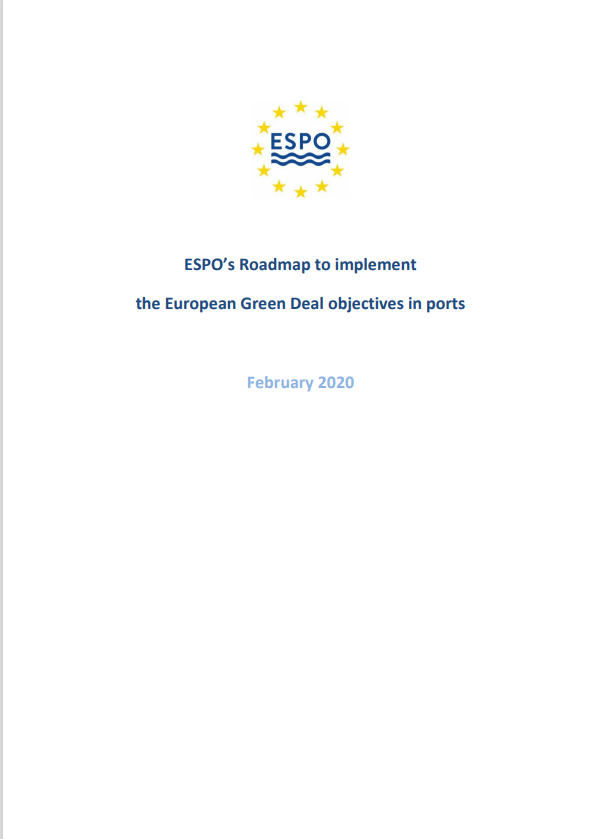Circular economy has gained significant attention at the policy level since the publication of the Circular Economy Action Plan in 2015. In 2019 the European Commission launched the Green Deal, where circular economy represents an essential constituent for the future sustainability of European society. Furthermore, the Green Deal recognizes ports as entities of the utmost importance for achieving sustainability goals.
European ports welcome Europe’s ambition to be the world’s first net zero emission area by 2050. This ambition must be delivered in the most effective way. The competitiveness of Europe’s economy must be safeguarded. Achieving this objective will require an unprecedented level of cooperation across all policy departments and stakeholders. European ports are at the crossroads of supply chains, are clusters of energy, industry and blue economy. They can be a key strategic partner in making the European Green Deal happen.
At the beginning of 2020, the European Sea Port Organisation (ESPO), representing port authorities in the European Union Member states, introduced a position paper regarding a Green Deal and circular economy, mirroring seaports as strategic partners implementing the Green Deal objectives. In the paper, seaports are illustrated as excellent entities for practicing and implementing circular economy.
Source: ESPO



